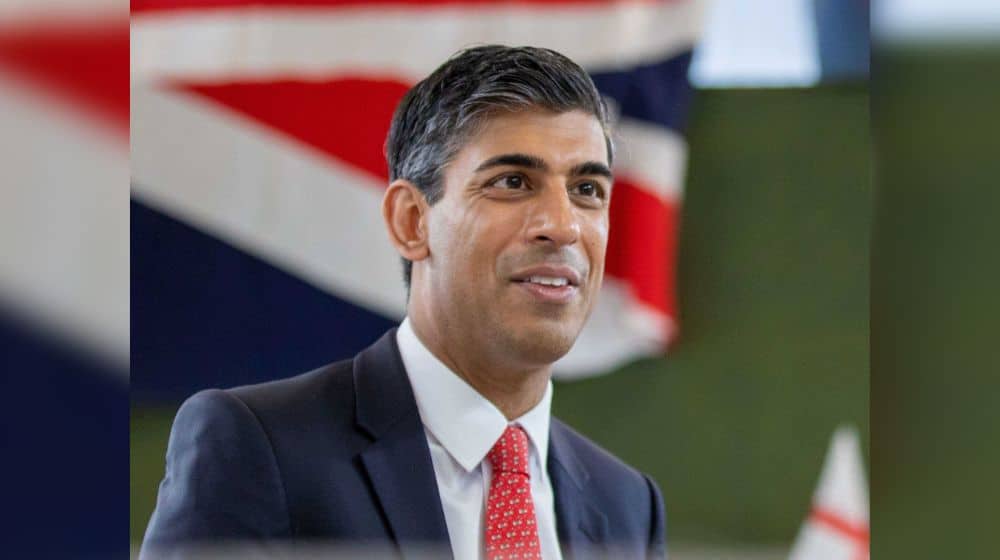In a recent announcement, Rishi Sunak, the Prime Minister of the United Kingdom (UK), has declared that the visa fee, including the health surcharge paid to the National Health Service (NHS) by visa applicants, will be raised soon. This increase aims to meet the country’s public sector wage increase. The decision comes as the government faces pressure to assess the salaries of various government employees, such as police officers, teachers, and junior doctors, among others. Sunak has confirmed a raise of 5-7 percent across all departments. He emphasized that this increase will not be funded through additional taxation, as it would negatively impact the country’s inflation conditions. Instead, the costs will be covered through the adjustment of visa fees.
READ MORE:
Resolving Pakistan’s Structural Challenges: A Roadmap to Economic Transformation
Speaking during a press conference at Downing Street, Sunak explained the rationale behind this decision. He stated, “If we’re going to prioritize paying public sector workers more, that money has to come from somewhere else because I’m not prepared to put up people’s taxes, and I don’t think it would be responsible or right to borrow more because that would just make inflation worse.” To cover the costs, he identified two sources—the visa fees and the Immigration Health Surcharge (IHS), which is a levy paid by migrants to access the NHS. According to Sunak, these measures will generate approximately GBP 1 billion.
How Will the Visa Fee Increase Work?
The UK Home Office is currently working on laying out the full details of which visa categories will face hikes and when the new higher prices will go into effect. It is important to understand how the visa fee increase will impact individuals and businesses alike. Let’s delve into the key aspects of this decision:
1. Scope of the Visa Fee Increase
The upcoming visa fee increase will apply to various visa categories. The UK Home Office is expected to provide comprehensive details about the specific visas that will face price hikes. This information will help individuals and organizations plan their immigration processes effectively.
2. Amount of the Fee Increase
While the exact figures of the fee increase are yet to be announced, it is important to note that Rishi Sunak has confirmed a raise of 5-7 percent across all departments. The percentage increase may vary across different visa categories, depending on their respective requirements and benefits.
3. Justification for the Increase
Sunak justified the visa fee increase by highlighting two key factors. Firstly, he emphasized that the visa fees have not been raised in a long time. Adjusting the fees aligns with the need to keep up with the overall cost increase in the country. Secondly, the increase aims to ensure sufficient funding to meet the public sector wage increase without resorting to additional taxation or borrowing, which could further worsen inflation conditions.
4. Impact on Visa Applicants
The visa fee increase will impact individuals applying for visas to enter or remain in the UK. It is essential for visa applicants to stay informed about the changes and budget accordingly. The new fee structure may require individuals and businesses to allocate additional funds for visa applications and renewals.
5. Generating Revenue for Public Sector Wages
The visa fee increase, combined with the Immigration Health Surcharge (IHS), is projected to generate approximately GBP 1 billion in revenue. This revenue will be directed towards funding the public sector wage increase. The allocation of these funds aims to prioritize the well-being and financial security of public sector workers.




